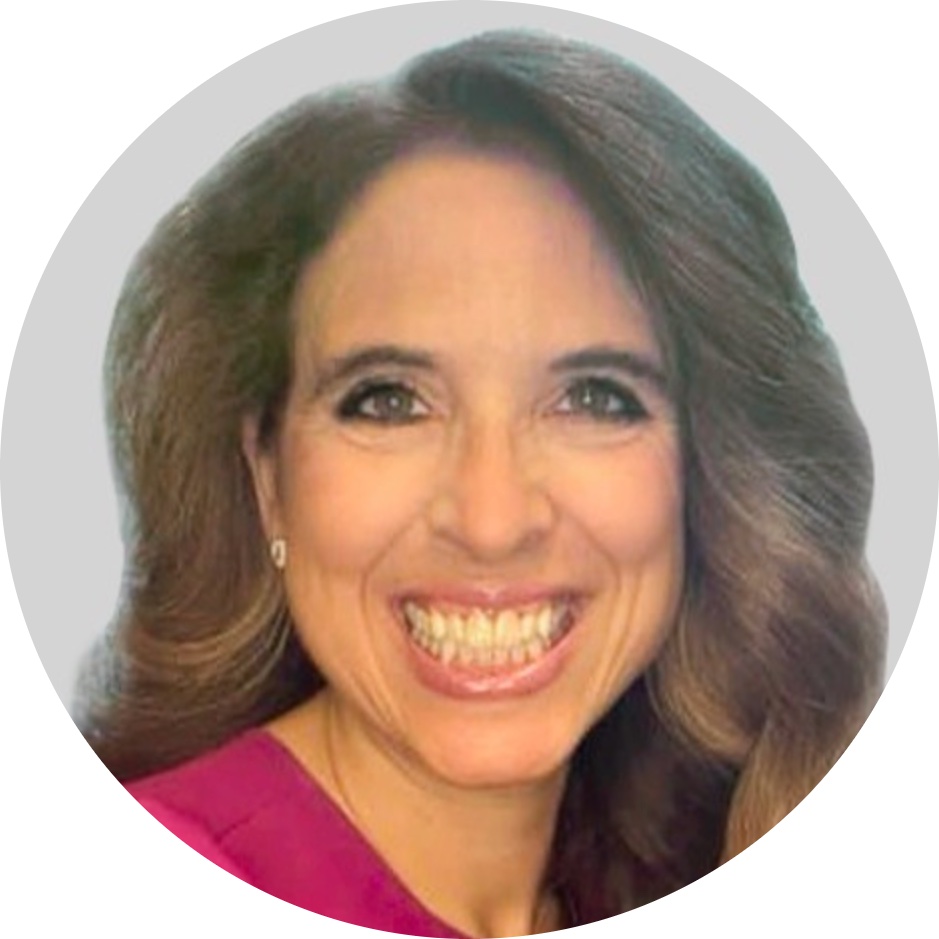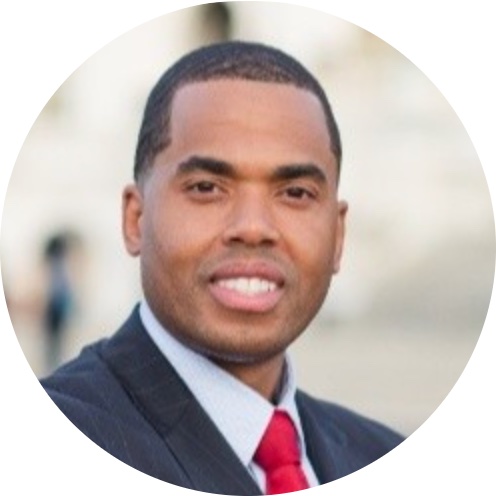How to find a job that fulfills you

Dreading Monday mornings? Dreaming of the day you quit your job?
You’re far from alone in your misery. Nearly four in ten workers worldwide said they wouldn’t wish their job on their worst enemy, according to a recent survey from The Workforce Institute at UKG. And an even higher percentage, 46%, wouldn’t recommend their company or profession to their children or any young person they care about.
Know that feeling?
If so, don’t despair. Instead, plot your escape.
Below are top tips from career experts on how to find a job that fulfills you. By New Year’s Eve 2023, you’ll be toasting to your success. Here’s what to do.
Self-assess, then investigate your options
Think through what you truly want in a new job. This way, you can pursue the most effective and efficient path forward.
“Really understand what is important to you,” said Alyssa Gelbard, founder and CEO of the personal branding firm Point Road Group.
In addition to salary and benefits, consider factors such as remote work flexibility, growth potential, and an employer’s culture and values. Company websites and social media accounts, LinkedIn groups, and 2023 salary guides can help you determine which industries, organizations, and roles best align with your skills, interests, and ideals.
While it’s helpful to get feedback from current and former employees, reviews on sites such as Glassdoor or Yelp might skew overly negative or positive, cautions Trey Barnette, a regional vice president at staffing and talent solutions firm Robert Half. Seek out objective sources, he said, not “an ex-employee that just got let go and is ranting and raving.”
Your best bet, Barnette added, is to cross-reference any information you gather.
Create a goal-friendly schedule
If you had a New Year’s resolution to shed 10 pounds, a regular gym routine would help you conquer that goal. The same approach applies here.
Job seekers should “carve time on their calendar outside of their workday to make strides like updating their resume, applying to jobs, and networking,” said Vicki Salemi, a former corporate recruiter who is now a career expert for the global employment website Monster.
Make your efforts consistent and manageable. The job search process “should become a habit,” she added.
Just like training for an Ironman would be daunting for a newbie exerciser, don’t take on too much too quickly. For instance, try “20 to 30 minutes daily, or sometimes even less” to avoid getting overwhelmed, Salemi advised.
Even if you work remotely, resist the urge to sneak in some job search tasks during company hours. “Do it on your own time,” she said.
Polish your resume and LinkedIn profile
We know you know we were going to say this. But it bears repeating. Your resume and LinkedIn profile need to clearly showcase your skills and knowledge. “Don’t have any vague job descriptions,” said Barnette. “Stay away from phrases like ‘familiar with’ or ‘participating in.’ You want to make sure you’re providing concise descriptions of past roles.”
Qualify your skills and quantify your results, he added.
As you make your updates, keep in mind that your resume and LinkedIn profile should complement each other. “Don’t say one thing in one place and another thing in the other,” said Gelbard. “It doesn’t have to be the exact verbiage, but you want the information to be the same.”
For instance, don’t play up your human resources experience on your resume and marketing skills on your LinkedIn profile.
“You want your personal brand to be aligned, so you have consistency in the message of who you are and what you bring to the table,” she added.
Connect with others
After nearly three years of pandemic-induced hibernation, the idea of networking — and potentially meeting another human being in person — may feel daunting. So, here’s an easy way to start: Create a list of those who can potentially help you in your search, such as family, friends, former bosses, colleagues, and classmates.
Then, “make sure you’re connected with them on LinkedIn,” said Gelbard. (Include a brief personal note in your connection requests.)
Next, join professional associations, LinkedIn groups related to your industry or career interests, and alumni organizations.
“Be strategic and authentic” in your networking approach, said Salemi. “Make a list of prospective employers. Contact people you know who work there or people in your inner circle to see if they know anyone working there. Reach out for informational interviews to connect, ask questions, and learn more about their organizations.”
If you feel reticent about asking for assistance, remember this: “People often enjoy helping others,” said Salemi. “Also, since networking is a give and take, offer to help them as well, either now or in the future.”
For long-term success, continually stay in touch, not just when you’re on the job hunt. Salemi says to use “light touches” throughout the year, such as email, text, commenting on social media posts, phone conversations, and in-person lunches or coffee meetings.
Perfect your talking points
Create a professional two-minute overview that describes who you are, what you can offer, and why your job goals match your skill set, advises Julie Schweber, senior HR knowledge advisor at the Society for Human Resource Management.
And get proficient at discussing your professional achievements. “Develop a few work examples that you can talk about that outline a work challenge or problem that you had, the action taken, and the result,” she said. Then practice and perfect your pitch so you can say it comfortably.
If you’re looking to make a career change, focus on your transferrable skills instead of on how your expertise played into your earlier role, added Gelbard.
And no matter what type of role you’re going for, be sure to accentuate what makes you unique. “At the end of the day with the job search, it’s about how you stand out,” said Gelbard. “As a hiring manager, why do I want you on the team versus somebody else?”


